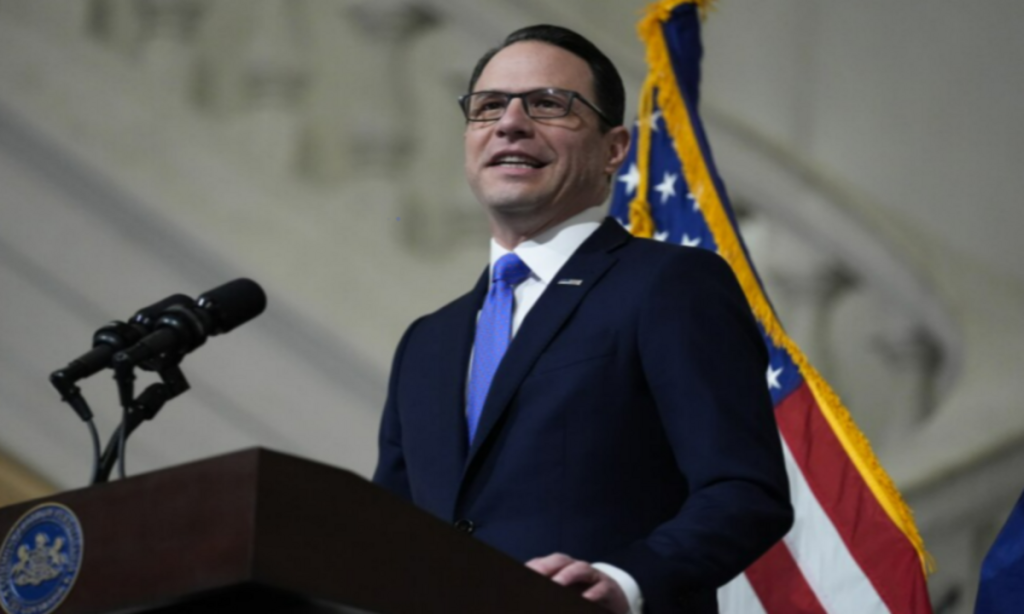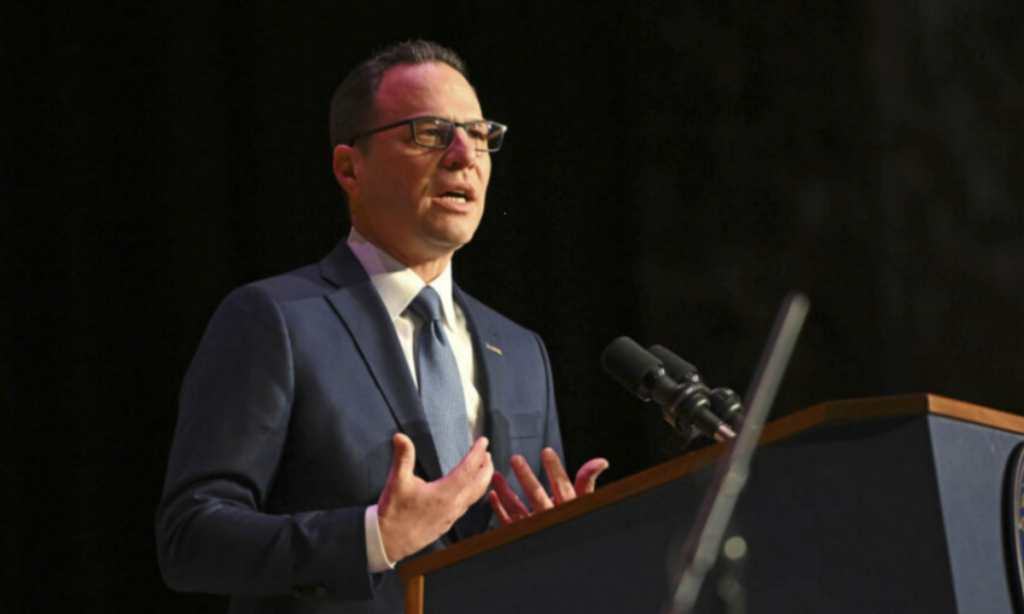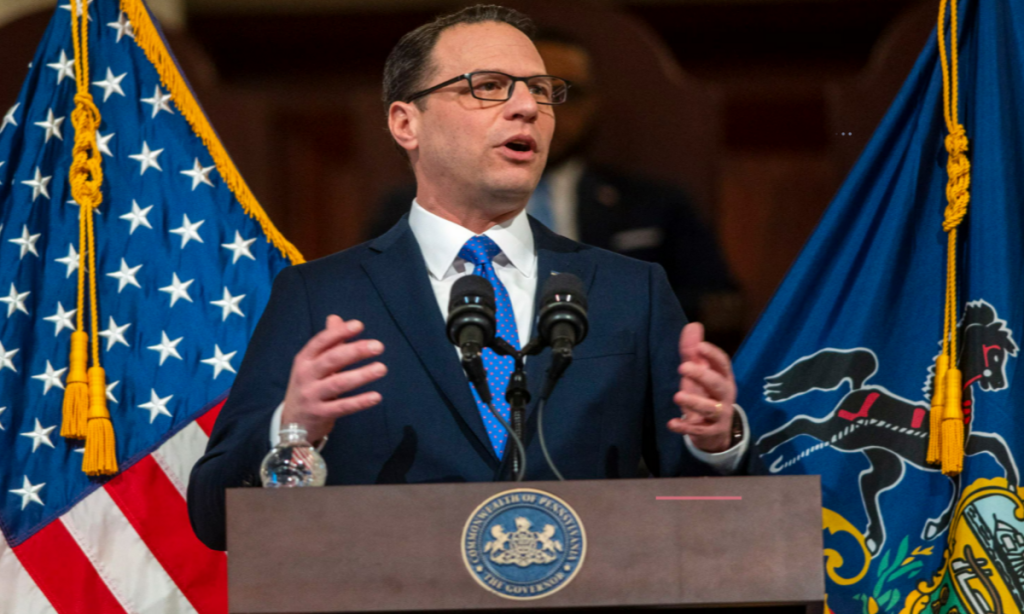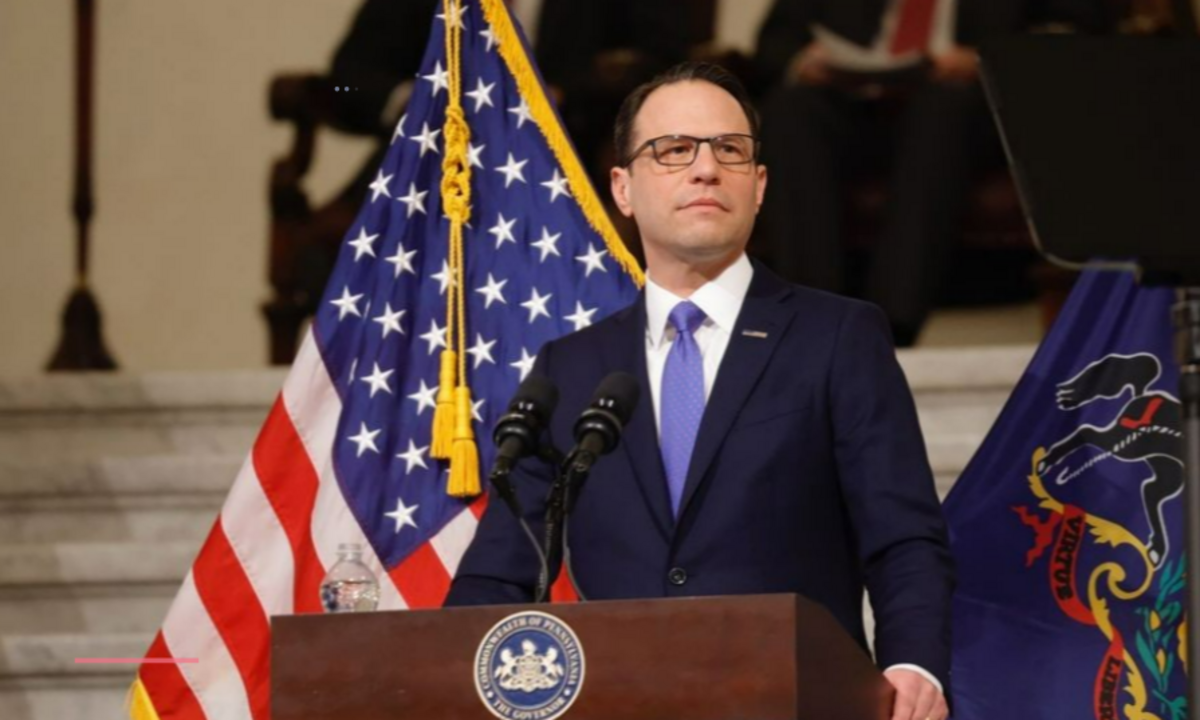Governor Josh Shapiro to Deliver Pennsylvania Budget Address on Tuesday
Pennsylvania Governor Josh Shapiro is set to deliver his annual budget address to the General Assembly on Tuesday, February 6, 2025. This address will outline the state’s financial plan, highlighting key funding priorities, expected expenditures, and future economic strategies.
Shapiro’s budget proposal is expected to focus on education, public transit, healthcare, and workforce development. The plan will also address how Pennsylvania intends to manage its financial surplus while preparing for potential budget deficits in the coming years.
Key Budget Priorities
- Increased Funding for Education
Governor Shapiro is expected to propose a $1.1 billion increase in funding for public schools, particularly focusing on underfunded districts. The goal is to reduce disparities in education funding, improve school infrastructure, and provide better resources for students and teachers.
Additionally, the budget may include investments in early childhood education, expanding access to pre-kindergarten programs for families across the state.
- Public Transit Support
Shapiro’s budget will likely address public transportation funding, particularly for the Southeastern Pennsylvania Transportation Authority (SEPTA). The proposal may include reallocating federal highway funds to support transit operations, preventing service reductions and fare increases.
Public transit is a critical issue for Pennsylvania’s urban areas, and this funding could help maintain reliable service for commuters.
- Support for Healthcare & Rural Hospitals
Shapiro’s administration is expected to include financial support for rural hospitals, many of which have struggled to stay open due to low funding and staff shortages.
The budget is also expected to include higher wages for workers serving the elderly and disabled, ensuring better care quality and support for vulnerable communities.
- Workforce Development & Wage Increases
The proposal may include plans to raise the state’s minimum wage, something Shapiro has advocated for in the past. The focus will be on improving wages for low-income workers while providing training programs to prepare Pennsylvanians for higher-paying jobs in industries such as technology, healthcare, and infrastructure.
Managing the State’s Budget Surplus
Pennsylvania currently has a budget surplus, but state officials warn of potential financial deficits in the future. Shapiro’s budget plan will need to balance current spending priorities while ensuring long-term financial stability.
One proposed source of revenue is a new tax on skill games—electronic gambling machines that operate outside of casinos and lotteries. The tax aims to regulate the industry while generating additional state revenue.
Political Challenges Ahead
Passing the budget will require negotiations between the Democrat-controlled House and the Republican-controlled Senate. While both parties support certain aspects, disagreements over tax policies, education funding, and wage increases could lead to extended discussions before final approval.
Conclusion
Governor Shapiro’s budget address will set the stage for Pennsylvania’s financial future, focusing on education, healthcare, transit, and workforce improvements. With bipartisan negotiations ahead, the success of his proposals will depend on finding common ground in the state legislature.
Disclaimer—Our team has checked this article to ensure its accuracy and eliminate any misinformation. We are committed to providing clear and reliable information for our readers.


